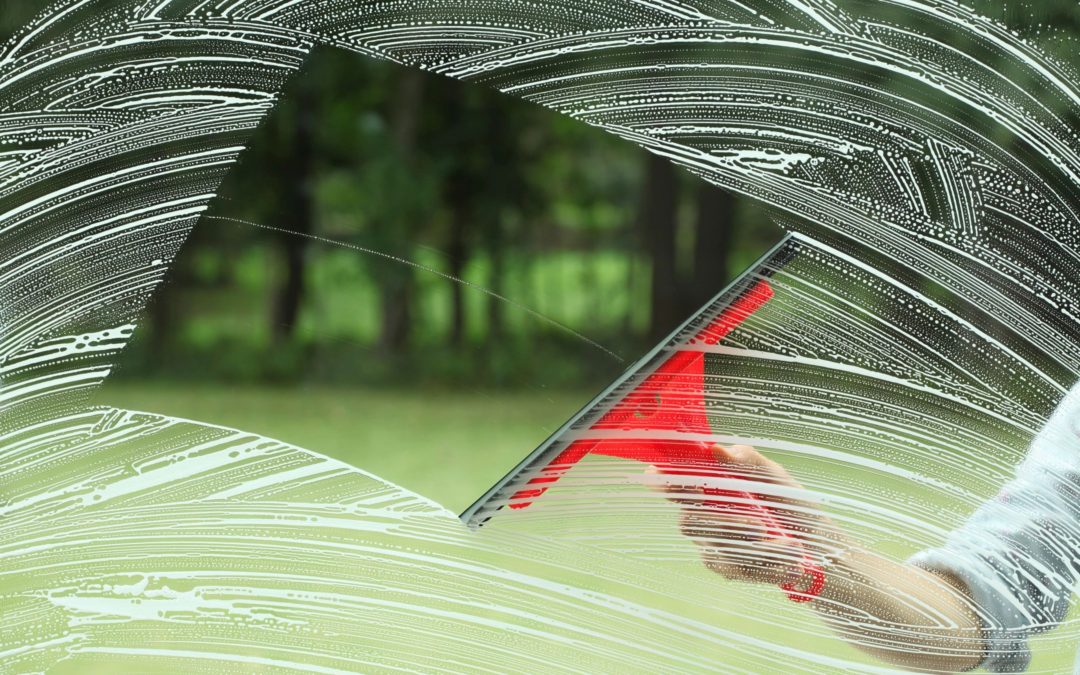By: Josh Nightingale and Matthew Johnson
In its en banc decision in Aqua Products, Inc. v. Matal, the Federal Circuit addressed the question of who bears the burden of proving that claims amended in IPR proceedings are or are not patentable. The decision, issued on October 4, 2017, held that patent owners no longer bear the burden of persuading the PTAB that their amended claims are patentable. For further background, see our post on Aqua Products and subsequent posts on related developments following Aqua Products.
In Polygroup Limited v. Willis Electric Co., Limited, IPR2016-01613, patent owner Willis Electric filed a motion to amend, and both parties’ briefing on the motion was completed prior to the Aqua Products decision. Following the Federal Circuit’s issuance of the Aqua Products decision, however, the parties contended that additional briefing on the motion to amend was needed. (See generally Paper 84 (“Order – Conduct of the Proceeding”).) Both parties agreed that petitioner Polygroup should be permitted to file an initial opposition brief to the motion and also a sur-reply to patent owner’s reply brief. (Id. at 2-3.) The briefing agreed to by the parties is presented in the table below:
| Submission | Pages |
| Petitioner’s Initial Brief (Opposition to Motion to Amend) | 25 pages |
| Patent Owner’s Reply | 25 pages |
| Petitioner’s Sur-Reply | 15 pages |
Such petitioner sur-replies are generally not available under the Board’s standard briefing practice, which gives the patent owner the last word on motions to amend. Noting the parties’ agreement, however, the Board granted their request and permitted the sur-reply. (Id. at 4.)
Patent owner also requested that it be permitted to file revised substitute claims. (Id. at 3-4.) The Board granted this request, essentially giving patent owner a “do-over” in light of Aqua Products. (Id. at 4.) Patent owner subsequently filed a new motion to amend with revised substitute claims. (See generally Paper 88.) In its opposition brief and sur-reply, petitioner argued that the substitute claims were indefinite and obvious over a combination of references. (See generally Papers 93, 104.)
The Board rejected these arguments in its Final Written Decision, stating that “[p]etitioner has not persuaded us that the subject matter of [claim 21, presented as a substitute for independent claim 1,] is unpatentable.” (Paper 118 at 39.) In reaching this conclusion, the Board first confirmed that the substitute claim’s amendments were non-broadening, responsive to a ground of unpatentability, and supported by the specification, as required by 37 C.F.R. § 42.121(a)(2) and 35 U.S.C. § 316(d)(3). (Id. at 33-34.) With the substitute claim having met these threshold requirements, the Board next addressed petitioner’s indefiniteness and obviousness arguments, finding both to be without merit. (Id. at 34-39.)
“Reviewing the record as a whole,” the Board concluded, “we do not find a preponderance of evidence in support of unpatentability.” (Id. at 39.) The Board thus granted the motion to amend with respect to substitute claim 21. (Id. at 40.)
Take-Aways
The Board’s decision in Polygroup v. Willis Electric is noteworthy because few motions to amend have been granted, even after Aqua Products. Patentees interested in amending claims in IPR proceedings would be advised to review patent owner Willis Electric’s briefing in this case.
The case is also noteworthy from a procedural standpoint. Following Aqua Products, the PTAB issued guidance stating that motion-to-amend briefing practice would not change in light of the decision, such that the patent owner would continue to get the last word on motions to amend. (See PTAB Publishes Aqua Products Guidance Regarding Motions to Amend; see also USPTO’s Guidance on Motions to Amend in view of Aqua Products at 2 (“The Board will continue its current briefing practice as to the types, timing, and page-limits of briefs . . . .”).) Nonetheless, in this case, the Board permitted petitioner a sur-reply, noting the parties’ agreement on this point. Parties in similar situations should take note and try to reach a mutually-agreeable briefing schedule with the other side.
The Board’s decision to allow patent owner to file revised substitute claims is also interesting but not altogether surprising. The Board’s guidance following Aqua Products appears to contemplate such do-overs: “If a patent owner wishes to file a new or substitute motion to amend in a trial . . . the patent owner must contact the Board to arrange a conference call as soon as reasonably possible.” (Id. at 3.) Patent owners in similar scenarios—including in cases on remand from the Federal Circuit for further consideration of motions to amend in light of Aqua Products—should consider seeking to file revised substitute claims if doing so would be helpful.
Matthew Johnson
Latest posts by Matthew Johnson (see all)
- Delegated Rehearing Panel Sends Lifeline to Mercedes-Benz - June 27, 2025
- PTAB Clarifies Interim Workload Management Process - June 19, 2025
- April 2025 Institution Rate Slips Below 45 Percent - June 6, 2025

